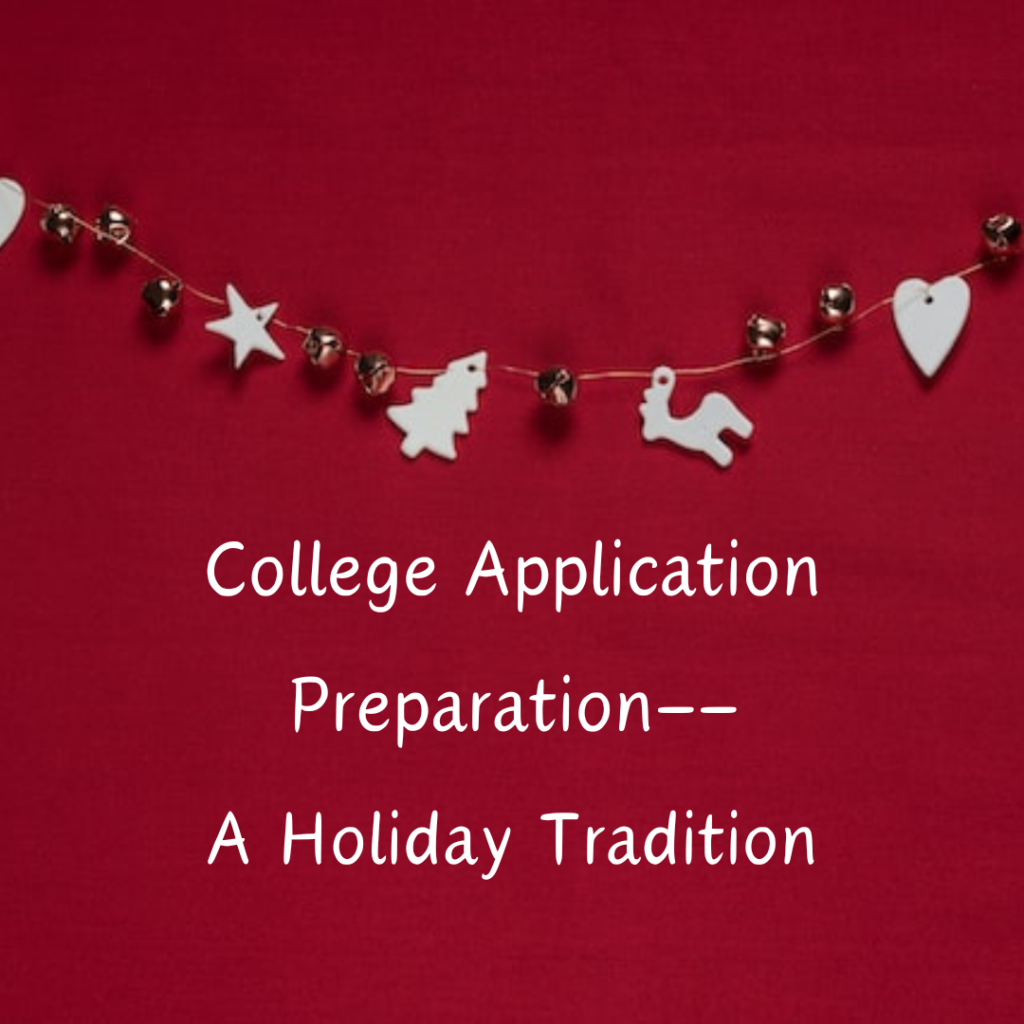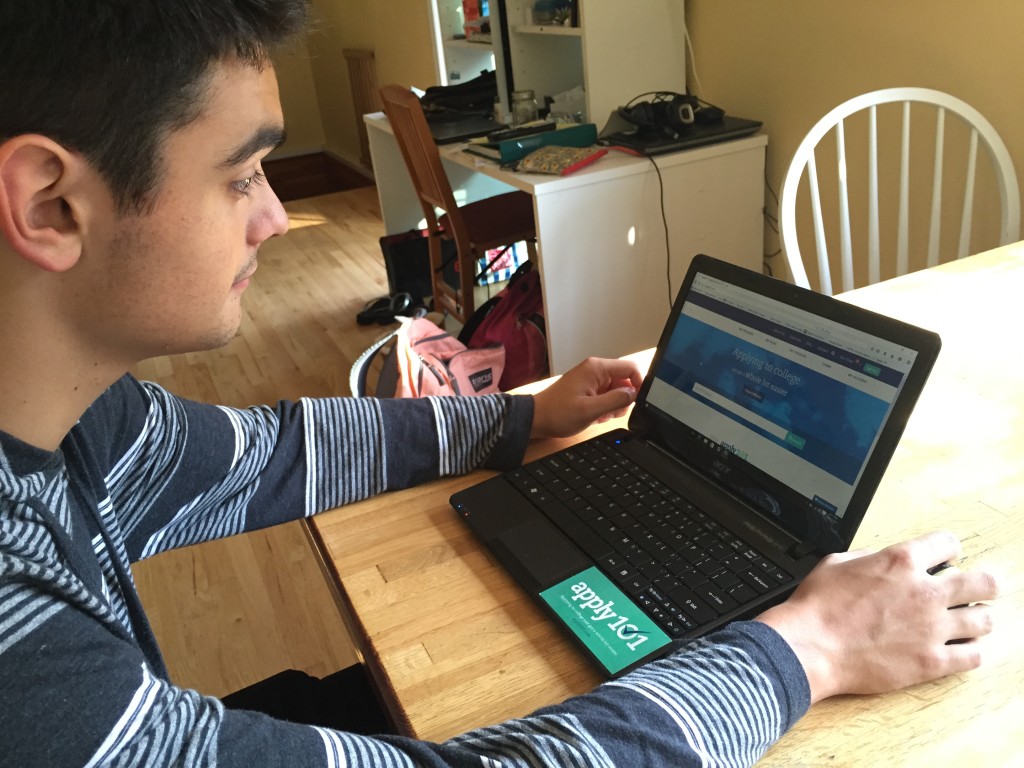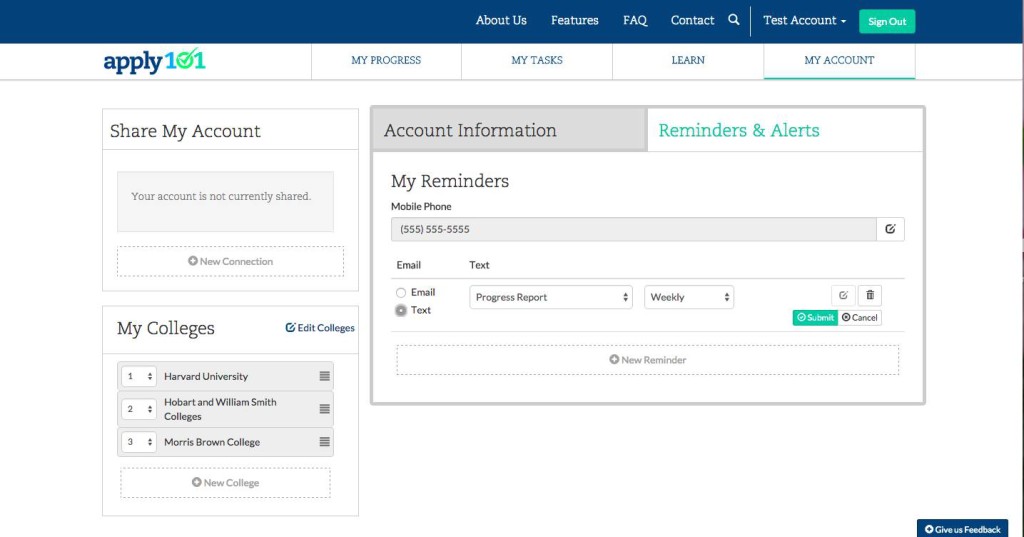
Throughout their entire school career, your students can often be working towards that one thing – college! So, when it comes the time to start thinking about applying, it can come with a lot of mixed emotions. Not only are they going to be happy that the time has finally come, but they’re also going to be nervous, excited, scared and confused. So, as a parent to a would-be college student, you’re going to want to work out how to support them through the process. It’s likely that your student will have had some support from their school so they may understand their process better than you. So, how can you work it out?
It might take you a bit of research and time, but you’re going to be able to get through it, just like your student will. There are so many different aspects of college applications, so it helps to have a rough idea before the process comes up. Chances are, your entire family is ready for this moment. Your college-age student has definitely been working for this for a while, so it’s likely that they know exactly what to expect. But just in case, these few pointers should help you out.
Know Their Major
First of all, your student should know what major they want to study. Sometimes, they could have been working towards one set major, like pre-med or pre-law, for the past few years. So, they’re going to have this one down already. But, for some students, it’s not that easy. They could have a lot of different options, or not even know which one to choose from between two they’ve been working towards. So, you’re going to want to help them choose their college major before applications start.
Nail The Extracurriculars
You’ve also got their extracurriculars to think about. A lot of colleges like to see well-rounded applications. So, you’re going to want to make sure that your student has their finger in a few pies when it comes to the activities they partake in both in and out of school. If you’ve got a few years to go, then this could be fine, but if you only have months, you might want to prompt them to start volunteering or join a club as soon as they can.
Get Good References
With college applications, your student is going to need a letter of recommendation. So, it’s a good idea to line up the ideal reference candidate as soon as you can. This will need to be teacher or counselor, ideally one that knows your students well and has done for a long time. The more recent the relationship, the better. For the letter of recommendation to be great, you’re going to want to make sure that your student talks to the candidate about their suitability to the course holistically.
Practice The Admissions Essay
One of the most daunting parts of the college application process for most students is the admissions essay. Not only can it make or break their entire application, but they can also often want to make it as interesting, inspiring, and original as possible. So, it’s a great idea to get them to practice now. They can then take pieces from each try to put together the perfect essay. It will also help to get a guide to read over it for them.
Apply For Scholarships Early
If you or your student are hoping for a scholarship, you’re going to want to make sure you look into this as early as possible. Not only do you need to search for the different scholarships available for each school and major, but you’re also going to want to get the applications in early too. But, before your students starts the application process, here are a couple tips to note on writing the essay.
Get Interview Practice In
Alongside the admissions essay on the list of most daunting parts of the process is often the interview. Sometimes, a student can really wonder what they’re going to be asked, if they know all the right answers, and if they’re going to make the right impression. But, the best they can do is just be themselves. They know why the want to study at that school and take that major and why they have the academic background they have. And if they’re still unsure, get some interview practice in for them, just in case.
Invest Where Necessary
You’ve already invested in your college-bound teen, that’s for sure, but your investment in both time and money may not be over yet. At this time, you may need to focus on a few last thing. Whether they need some extra help with their extracurricular, tutoring, or even a college admissions coach to ensure they are on the right track, now’s the time to invest.
Have Backups
Although your student may have their heart set on a particular school, you’re going to want to make sure that they have backups. For some reason, they may not have done enough to get into a certain school, so they need to be sure they have alternates. So, right now, make sure that you stress the importance of contingency plans, just in case.
Think Ahead
As the process starts to come to an end, you’re then going to want to start thinking ahead. Even though applications are close to being in, there is still a lot of work to do when it comes to preparing your student for college life. So, they’re going to want to consider things like money and moving, as well as adjusting to their new environment and meeting new people.
Stay Calm
Above all else, make sure that both you and your student stay calm. Right now, stress isn’t needed. It can put you all in a bad place. Instead, stress the importance of relaxing and still having fun. Life can’t be all work and no play – it won’t be good for any of you. Your student still needs to relax – they have worked hard for this, so they deserve some respite too.











